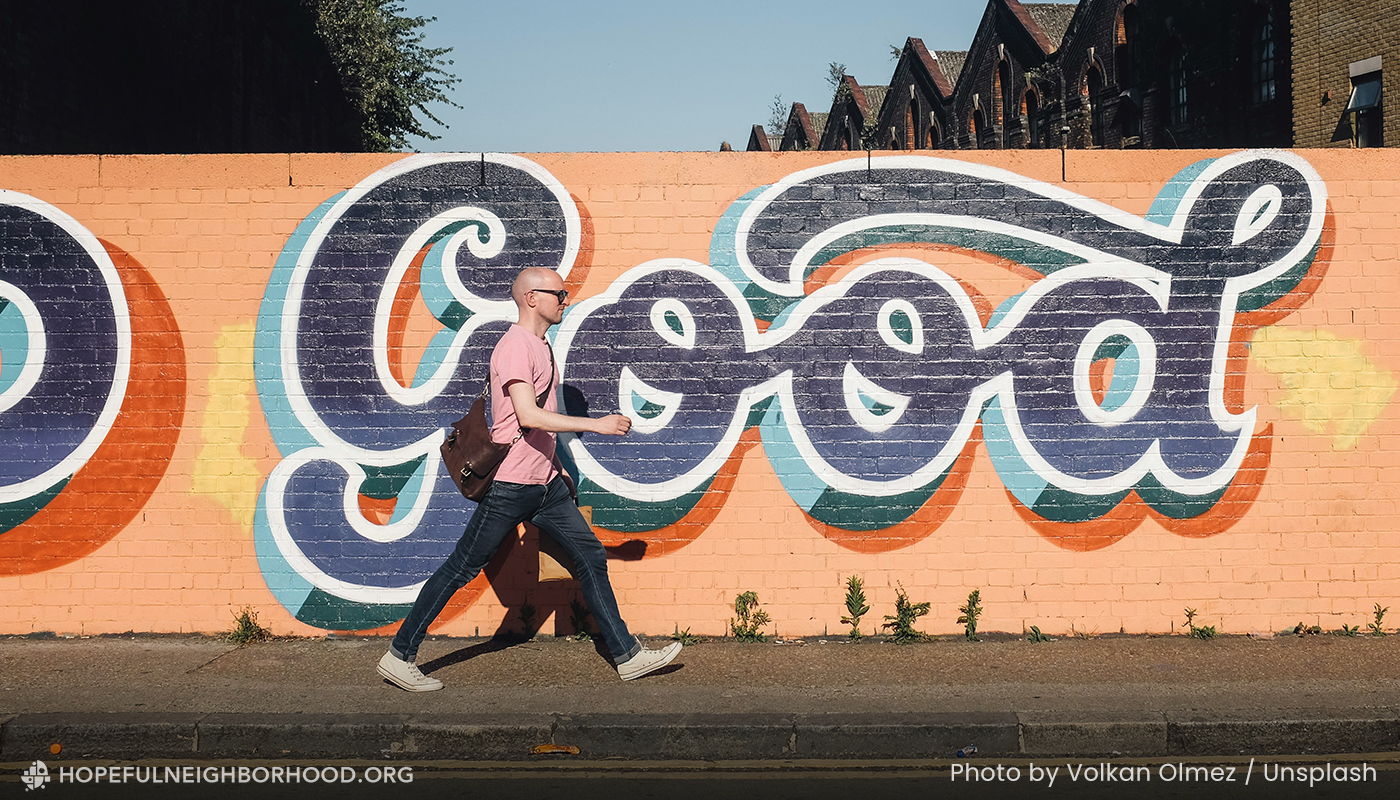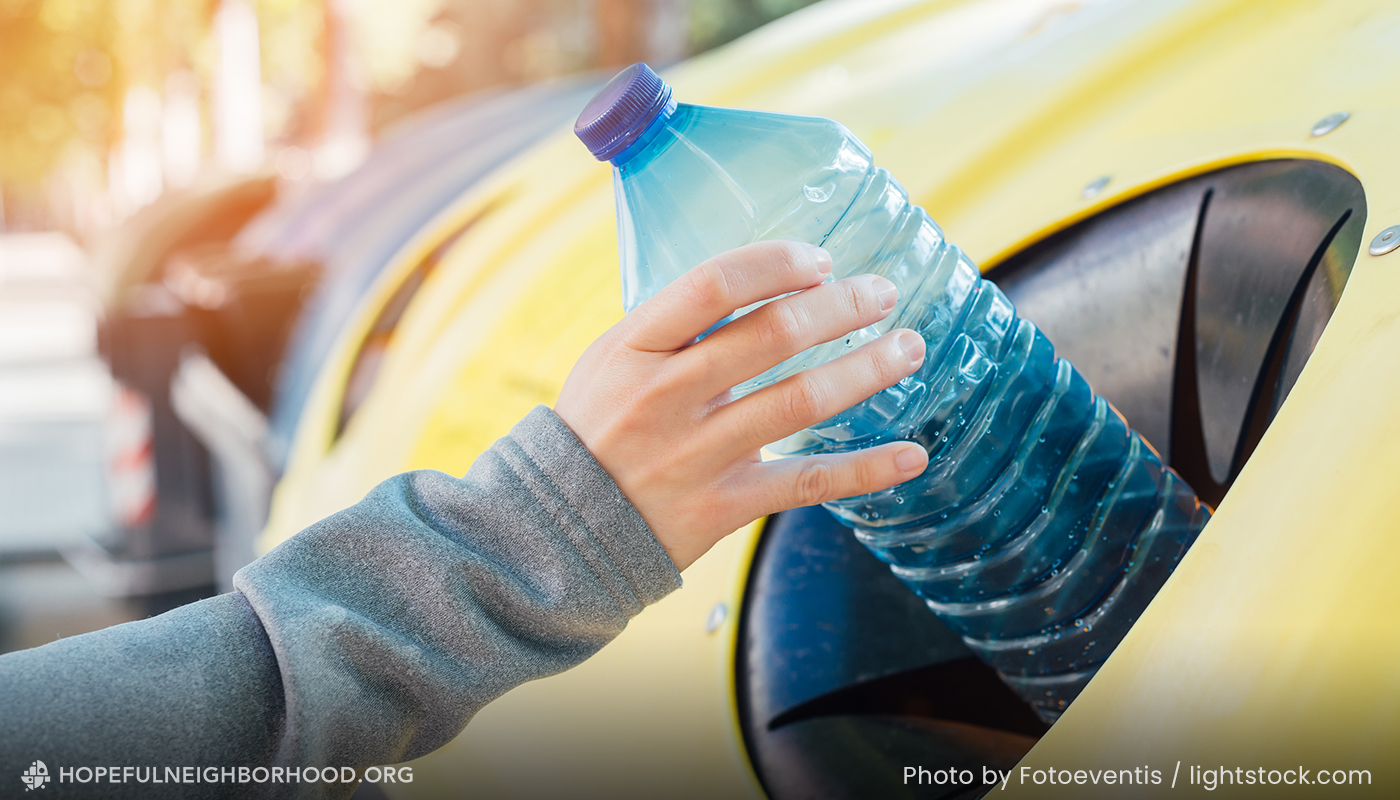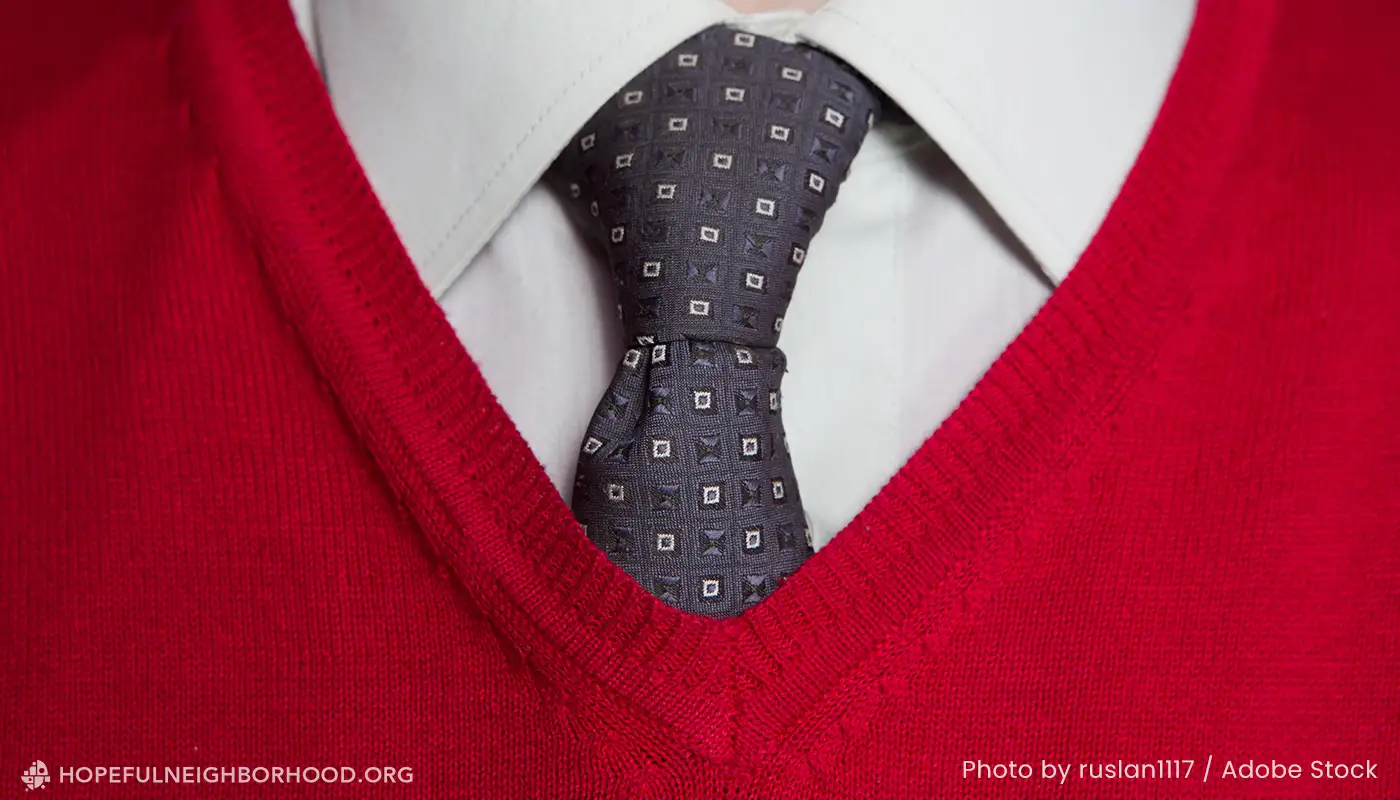Neighbor Wanted!
Soft skills preferred: Dependable and empathetic problem solver. Team player. All other skills: optional.
If this flyer was posted in your community, would you qualify?
In our post-pandemic, hybrid, AI work-world, soft skills matter more than ever. Soft skills, sometimes referred to as “transferable skills,” imply the ability to collaborate, communicate, and interact with a high level of emotional intelligence. These characteristics are critical for job candidates in 2024. In some positions, soft skills are preferred over “hard skills,” like programming JavaScript, analyzing data, or other roles that require technical proficiency.
The label, “soft skills,” can be a bit misleading. Calling these intangible qualities “soft” might imply that these accomplishments aren’t very important when compared to other job competences. The opposite is true.
As important as soft skills are, they aren’t always easy to measure. Judging is subjective. There’s a range of acceptability. But despite that, you usually know someone with excellent soft skills when you see them—both at work and in your neighborhood.
Soft skills are a must for a hopeful neighborhood. That was true on the alley where I grew up in Chicago and is true on the cul-de-sac on which we now live in Florida. Soft skills nurture current relationships and help build new friendships. Soft skills power a sense of community across an entire neighborhood. Need proof? Just ask if empathy matters to the neighbor after her dog is hit by a car, or ask a block party host if communication is important.
Neighborhoods which grow as healthy communities benefit from residents with soft skills. And the good news is, no matter our age, life stage, or profession, we practice these skills daily. After all, we collaborate at work; school children create at school; older adults adapt as they age-in-place. So, how can we implement and grow our soft skills in our neighborhood?
Let’s look at a few examples:
Leadership: Host a “meet and greet” for residents on your street or those who live in your building.
Problem-solve: Contact the appropriate municipal office to notify them that a street sign was damaged a few weeks ago.
Communication: Take out the ear buds while you walk so you are approachable. Maintain eye contact when you talk with a neighbor at the mailboxes. Intentionally read body language to determine a good end point for your conversation.
Cultural sensitivity: Learn about the large city which was home for immigrants who recently relocated to your community. Respect and express interest in the culture from which they have come.
Decision-making: Before making home improvements, consider the neighborhood implications. Are there neighborhood rules I could be breaking? Are there forms or permits I need to complete? Will the work inconvenience any of my neighbors? How can I make it better for them? Will the planned improvement cause my neighbors’ experience in the neighborhood to decrease (i.e. a pool that increases the noise in my backyard, a tree that will obstruct a view, tree removal that removes shade). Considering all of this information will help you make a decision and action plan that provides the best outcome for everyone.
These and additional soft skills can be learned and practiced on a daily basis. To make your community your classroom for soft skills, head outside. Simply carry along a willingness to learn and a positive attitude. After all, soft skills are not all that soft; they are the bedrock on which a hopeful neighborhood is built.



In my line of work as a deaconess, many times I am with patients and families who are facing end of life situations. It is many times just being present, listening, (no need to talk) and holding the hand of the person you are with.